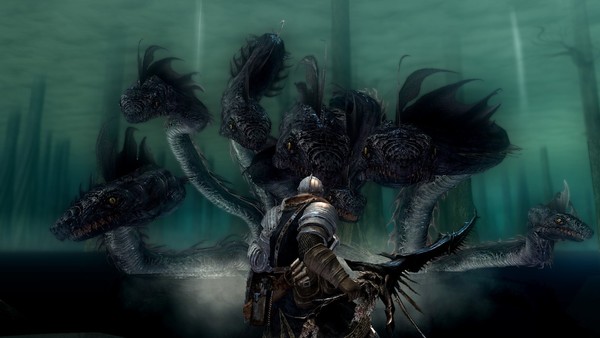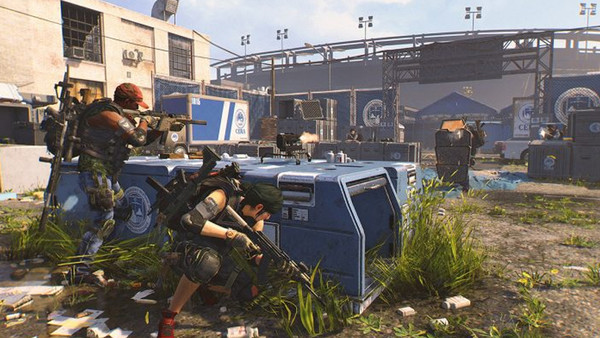Why We're All Idiots For Thinking Video Game Difficulty Matters

Author and Oxford psychology professor Andrew Przybylski (Sh-bill-ski) - who I really recommend you check out - has put a ton of time into analysing video game "compulsion loops". It might be a fairly common term in the age of the loot shooter now, but Przybylski's loops referred to the parts of the game that come together to produce reward, creating a release of dopamine in the brain and encouraging you to keep going. Over gaming's lifetime, gameplay loops that have been refined and perfected across all sorts of genres, on all sorts of scales.
To go back to loot shooters, the loop is entirely "Take mission or quest, understand what's being asked, defeat enemy, get reward". It's literally why these rewards are the brightest, shiniest things possible, bursting with all sorts of enjoyable visual ephemera that screams, "WELL DONE!! YOU DID THE THING!"
It's also why every game with a focus on loot boxes makes sure they practically leap off the screen, and it doesn't take a genius to connect the dopamine rush of unlocking loot crates i.e. jumping to the conclusion of a gameplay loop, to the continual spending of real-world cash, resulting in a recurrent spending model that's literally made billions of dollars.

Difficulty then, shakes up that gameplay loop by stretching it out. It often loses the reward in sight and directly impacts your dopamine rush. It categorically runs the risk of actively annoying you; of denying you the "hit" at the exact moment in a level, boss fight, NPC interaction etc., when the game could've turned into one of your all-time favourites.
It's this very core thing, that effects different people in different ways, depending on infinite extraneous factors relating to what mood you're in, how your day's going, current financial situation, level of tiredness etc., but this bold changing of expectation is also why FromSoftware's games have become such runaway successes. The Soulsborne... ro fandom understand what they're getting into, and they put up with ludicrous amounts of obstacles and "F**k you, learn this" game design, knowing that when such a carefully designed gameplay loop closes, it'll feel like NOTHING else.
In the current climate though, a really brutal difficulty curve or roadblock is a risk, and alongside some razor-sharp combat, it's why Sekiro: Shadows Die Twice became the centre of the difficulty vs. accessibility debate. Literally no other big budget developers or publishers are prioritising difficulty. One, because the industry is too costly and budgets need to be recouped with as few risks as possible, and two, because dopamine rush satisfaction can be stupidly lucrative.
Cont.